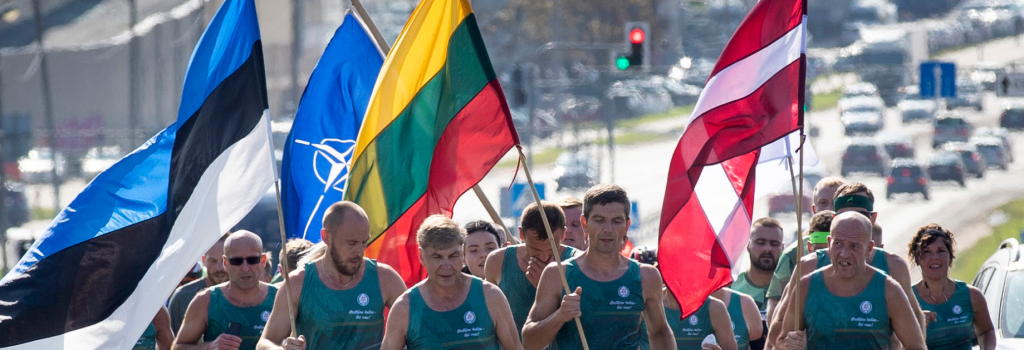Download file

Summary
Why read
Description
This report shows tactics and strategies of the Baltic states Lithuania, Latvia and Estonia to counter disinformation campaigns from authoritarian countries. This report is based on in-depth semi-structured interviews and supplementary surveys conducted with the representatives of several clusters – media, civil society organizations, state institutions, think-tanks/academia and business communities. It aims to assess risks and vulnerabilities, as well as the three nations’ preparedness to counteract foreign-led disinformation. This report also reviews the existing indices that lead to a greater understanding of the intricate nature and interdependences of resilience-shaping factors at various levels, while contributing the unique Baltic perspective to the evolving, global study of disinformation.
Foreign-led disinformation usually targets specific vulnerable communities using a broad range of instruments and strategies, accompanies malicious influence activities and constructs harmful narratives in certain strategically important areas or sectors. Measures to counter these attacks have been the forefront initiatives for the Baltic countries since the restoration of their independence.
The report identifies the known vulnerabilities and long-term responses within energy, technology, socio-economic, socio-political, strategic communications and media domains. Although the Russian war on Ukraine and it’s effects are not covered by the report, it is important to consider that neither the exploitation of vulnerabilities in the Baltics by Russia during this war nor the responses of the Baltic governments come in a vacuum. The report thus provides useful background and context that will help to understand what conceptual, legal, policy, institutional, political and societal precursors shape the current situation and determine successes or failures of Russia’s and China’s disinformation and Baltic counter-disinformation efforts.
Several overlapping crises of 2020-21 – ripple effects from the political upheaval in Belarus, surge in illegal migration engineered by the regime in Minsk, the COVID-19 pandemic and accompanying socio-political perturbations, as well as China’s economic and diplomatic coercion against Lithuania – served as a reminder that the Baltic states could not afford standing still in their efforts to strengthen national resilience. While not fundamentally altering the overall landscape of threats and vulnerabilities, these crises were amplified and exploited by malignant disinformation campaigns and foreign interference, therefore changing the security context, testing national resilience and requiring reassessments of the institutional or policy responses in all three countries.